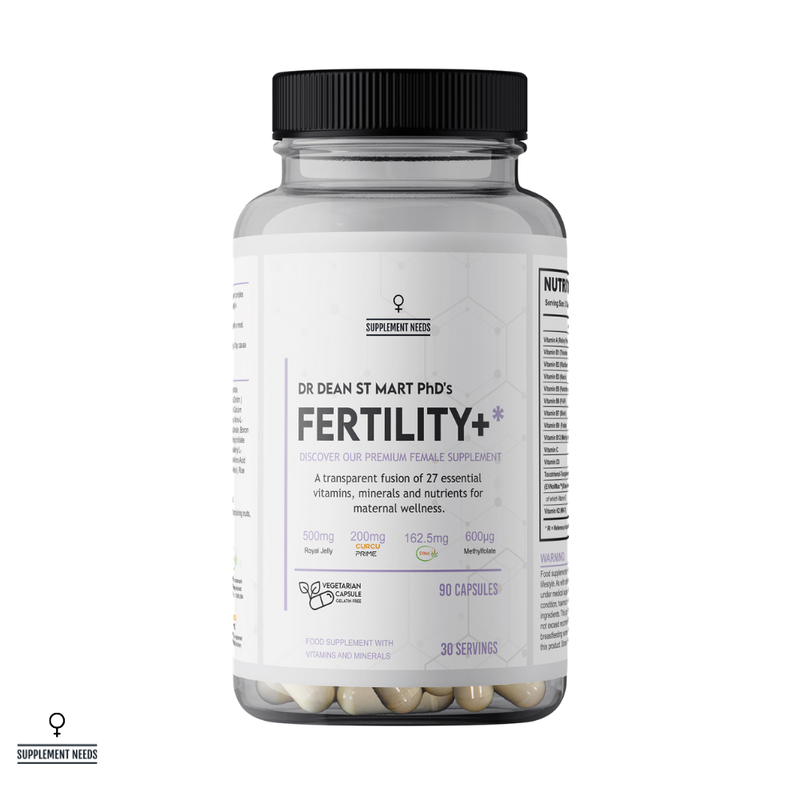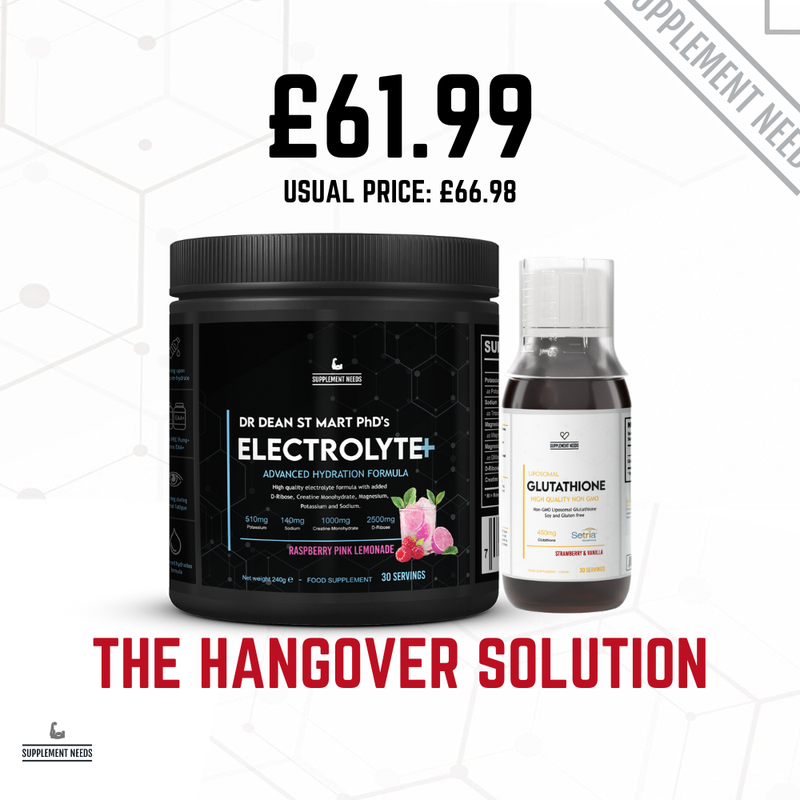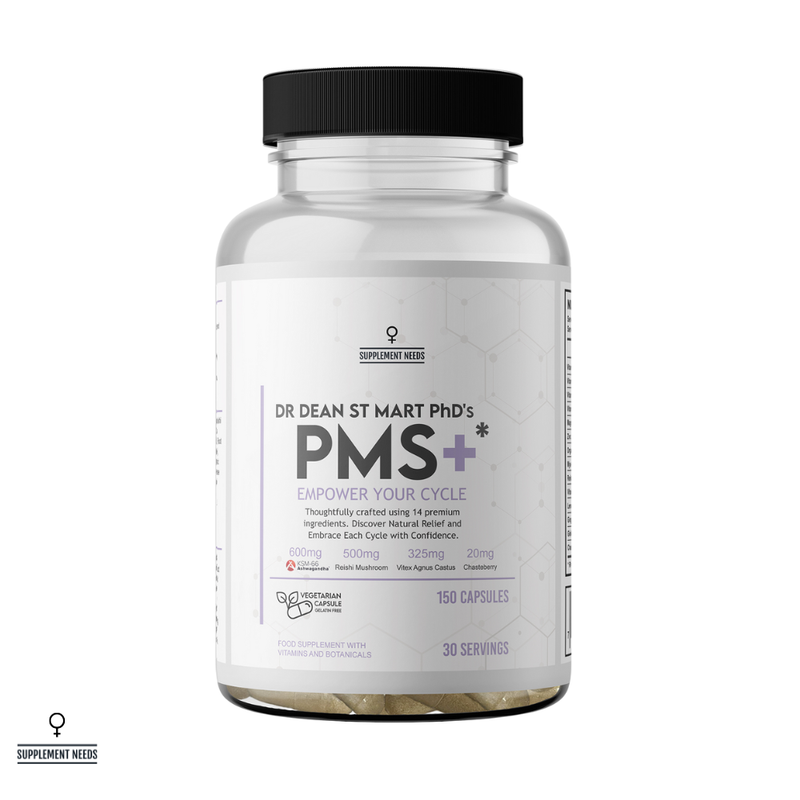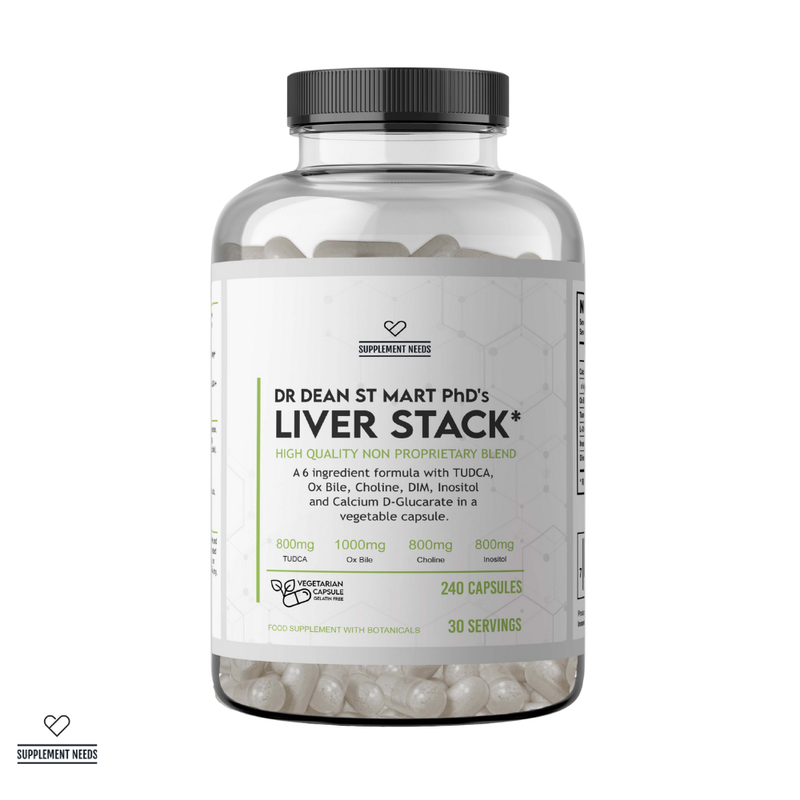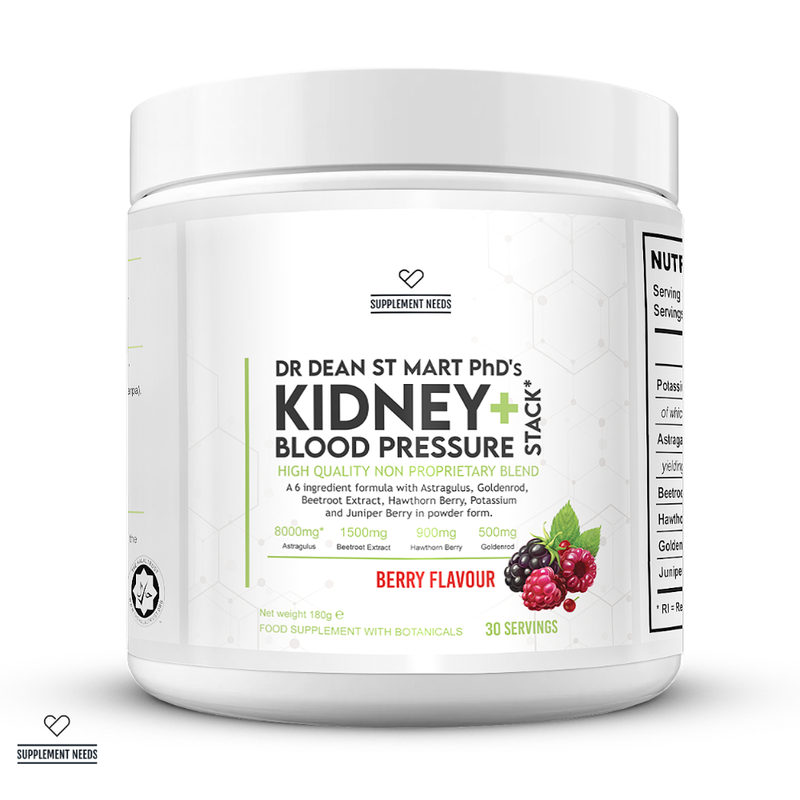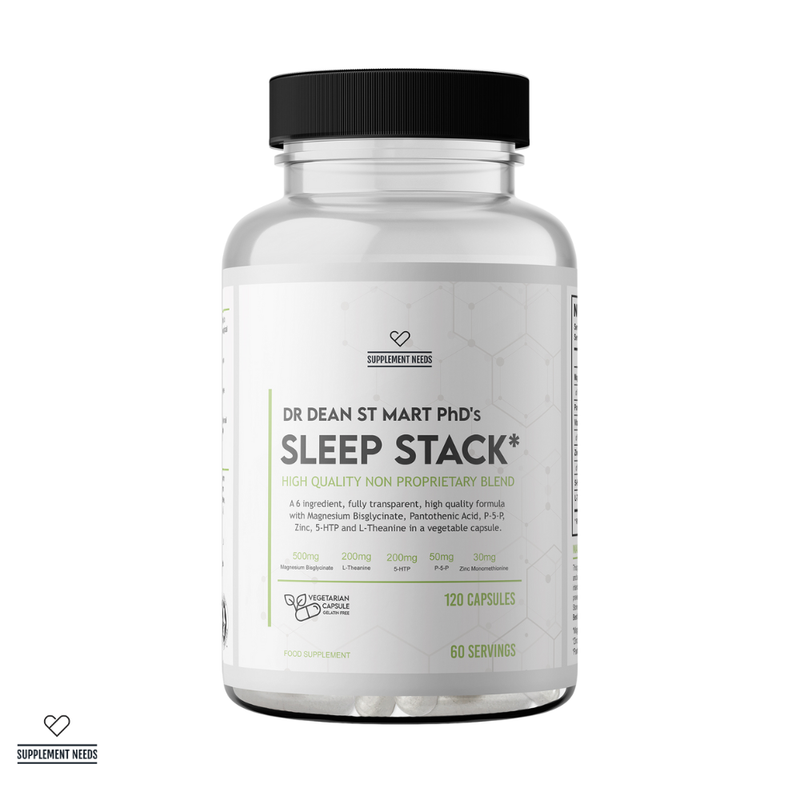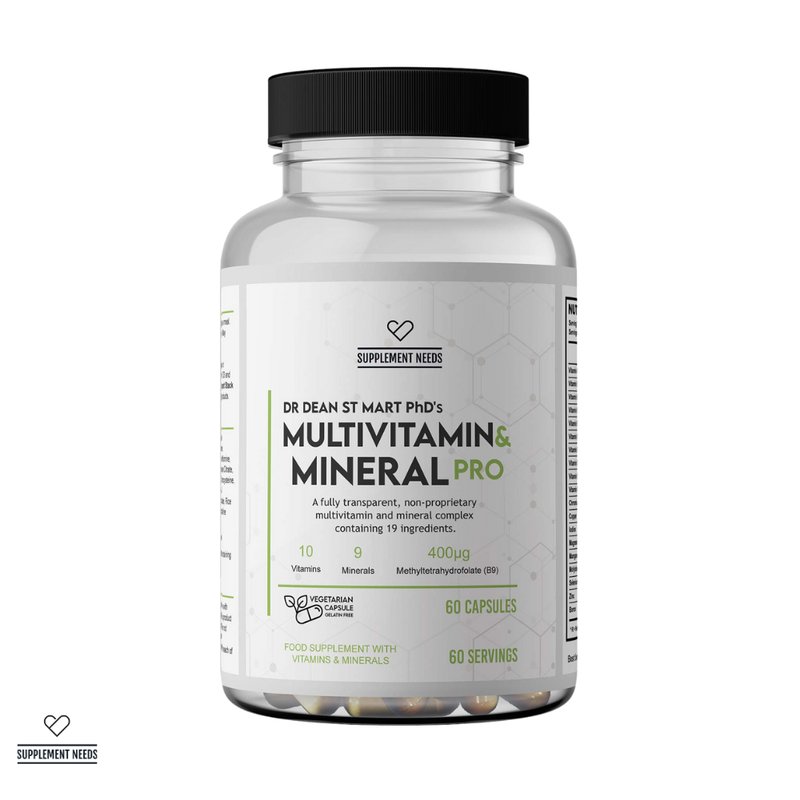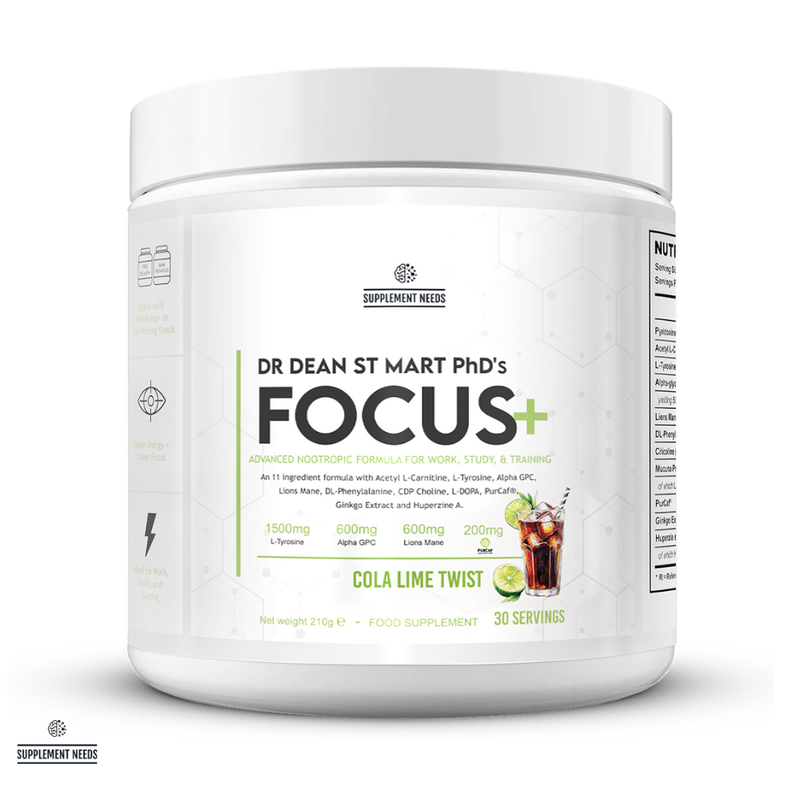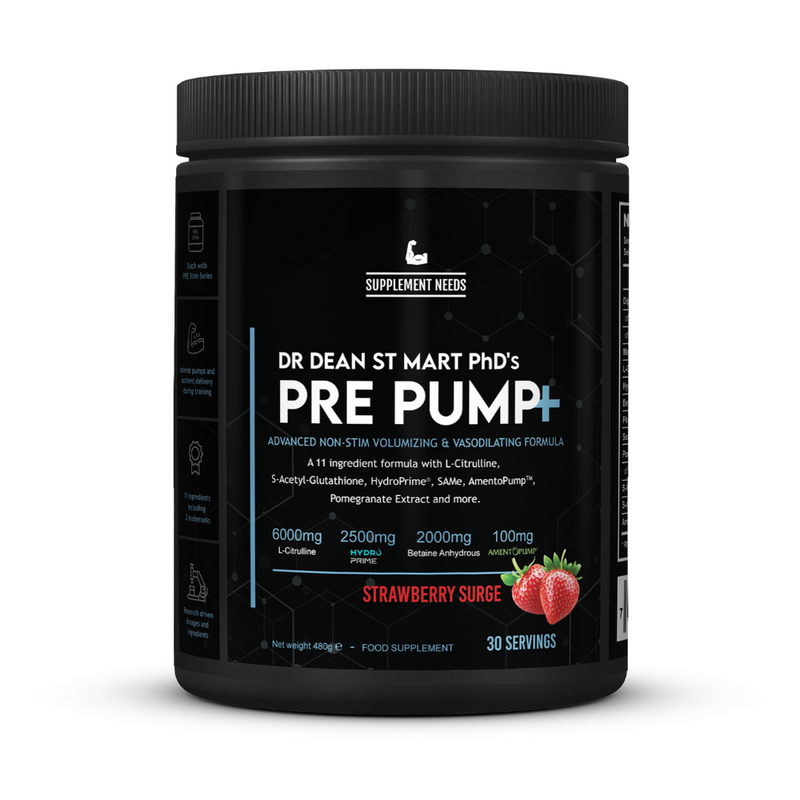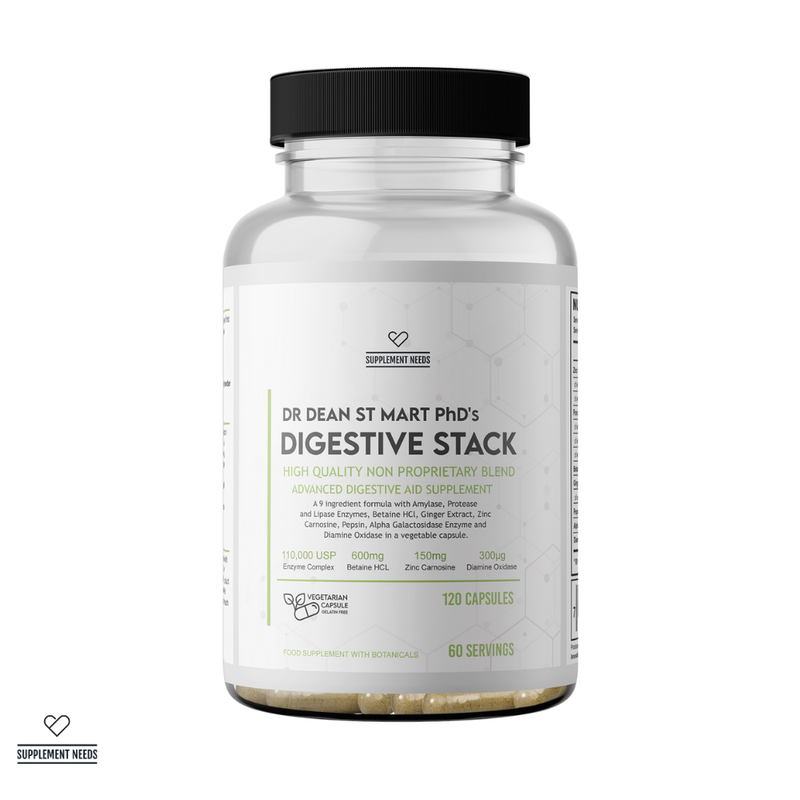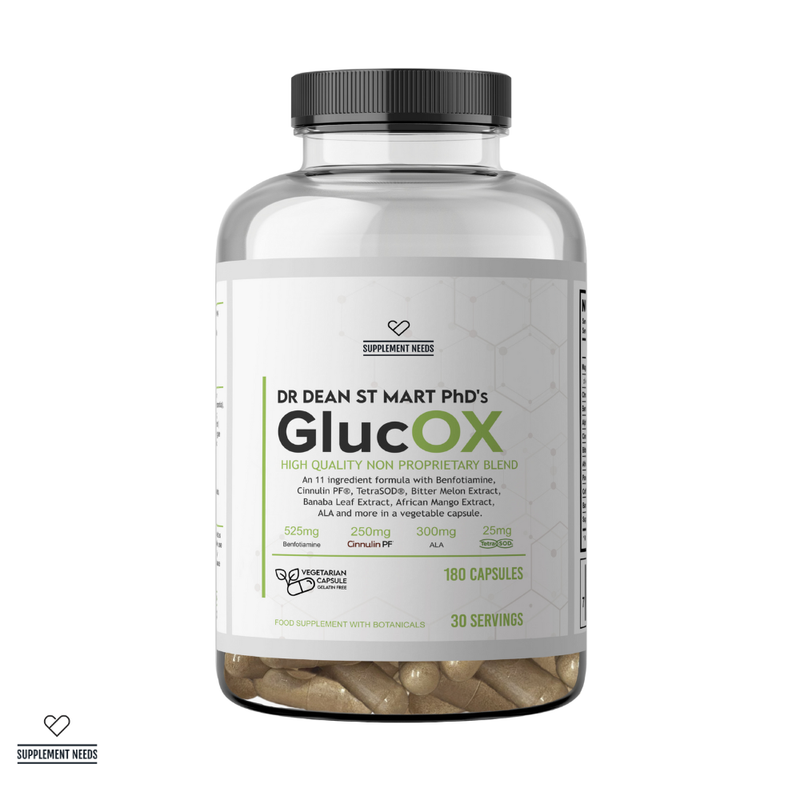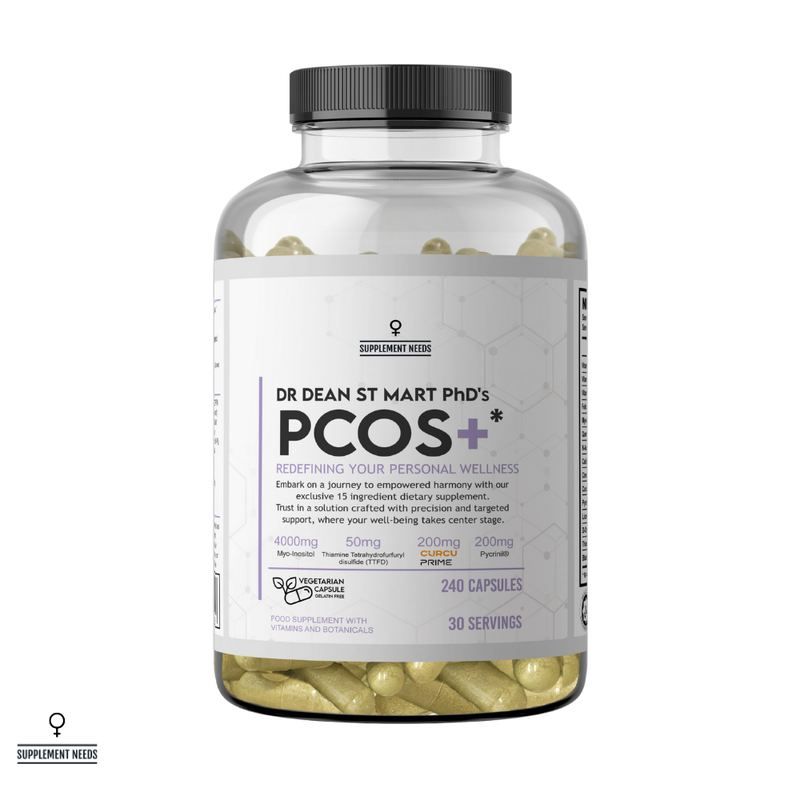Since 2005, research into the sleep and its disorders has accelerated; revealing how important sleep is to our metabolism, hormone production and expression of genes. Today, we are beginning to see the burden that sleep deprivation can have on the body – resulting in suspected associations towards hypertension (high blood pressure), obesity (appetite dysregulation resulting in eating more), mood disorders, neurodegeneration and cardiovascular disease.
How does the body regulate sleep?
An internal body clock (circadian rhythm) operates on a 24 hour cycle, in which it is thought Adenosine (a small molecule) increases in the body causing a higher sleep “urge”; to which the body then breaks down during sleep.
Light (more appropriately ultra-violet blue light) stimulates a part of the brain to assess that it is daytime and to limit the production and secretion of melatonin; a hormone made by the body in opposition to cortisol which promotes drowsiness.
Stages of sleep
Once the brain and environment is calm and safe enough for the body to sleep, the body follows a sleep cycle which is divided into four main stages between NREM (Non-Rapid Eye Movement) and REM (Rapid Eye Movement).
Stage 1 NREM - Awake-Light Sleep
Stage 2 NREM - Light Sleep
Stage 3 NREM - Deep Sleep
Stage 4 REM – “Dream” Sleep.
W Episodes – Brief moments of awakening during the night which you don’t remember the next day.
These four stages will repeat cyclically throughout the night (sleep cycle) until you wake up.
For most people, the duration of each sleep cycle will last about 90-120 minutes; and you can often calculate your sleep cycles by looking at your average sleep time in minutes and dividing by 90 or 120 to get a whole number (e.g 7.5 hrs sleep time is 450 minutes, divided by 90 minutes, gives 5 sleep cycles).
NREM sleep constitutes about 75% to 80% of each sleep cycle.
The purpose of REM is linked to memory and skill consolidation and tends to decrease in duration as we age.
If you’ve ever been suddenly awoken from sleep and felt disorientated or groggy, its probably because you’ve been awoken before the end of a sleep cycle. This is often why waking up naturally often leaves you feeling more refreshed than being disturbed by an alarm clock.
How much sleep is enough?
AASM (American Academy of Sleep Medicine) and Sleep Research Society jointly recommend that an average adult should aim for between 7 and 7.5 hours of sleep duration – that means 7 to 7.5 hours sleep and not time in bed which is often confused.
When a person suffers with sleep deprivation, it can leave them susceptible to lower attention span, reduced cognitive ability, delayed physical and mental reaction, and mood disturbances.
Interestingly, it is estimated that up to 80% of sleep disorders may go undiagnosed; and many people can develop a tolerance to chronic sleep deprivation – worryingly meaning you may not even be aware of your sleep deficiency until a disease diagnosis or accident occurs.
Sleep is our secret key to Success
With everything in mind, the previous mentality of “I’ll sleep when I’m dead” associated to entrepreneurs has slowly become defunct. We know sleep contributes directly to improved quality of life by reducing stress, improving memory, maintaining mental health, and most importantly allows the body to repair and rebuild muscle tissue as well as maintain the immune system. Sleep is too valuable for it to become a compromise to success.
My secret weapon
My previous career was as a shift chemical engineer; in charge of the management of 74 machines which manufactured at an approx. $2.5 million output each per hour.
Every minute counted.
If a machine broke, action needed to be taken without delay.
Working 12 hours, either day or night shift, I couldn’t afford to allow a lack of sleep influence my performance.
Nor could I become dependent on caffeine (coffee, energy shot, pre-workout focus supplements) to mask poor sleep either and “power” through at the risk of making mistakes.
This was when I began to look carefully at sleep support supplements and what the market offered (which wasn’t great to put it honestly). Very few approached supporting sleep from a root cause perspective and I began to question
- How does the body fall asleep?
- What keeps your body asleep?
Once I understood the simple biochemistry behind these two questions, it became apparent there were key vitamins to improve sleep, beyond zinc and magnesium; and the inception of Dr Dean St Mart PhD Supplement Needs Sleep Stack (which I discussed here:)
How to optimise sleep?
Fear not, optimising sleep (whether you are a new parent, shift worker, or prepping bodybuilder) is easy to achieve; but I’ll save that for my next post.
Dr Dean St. Mart PhD; Product Manager and Formulator for Supplement Needs

